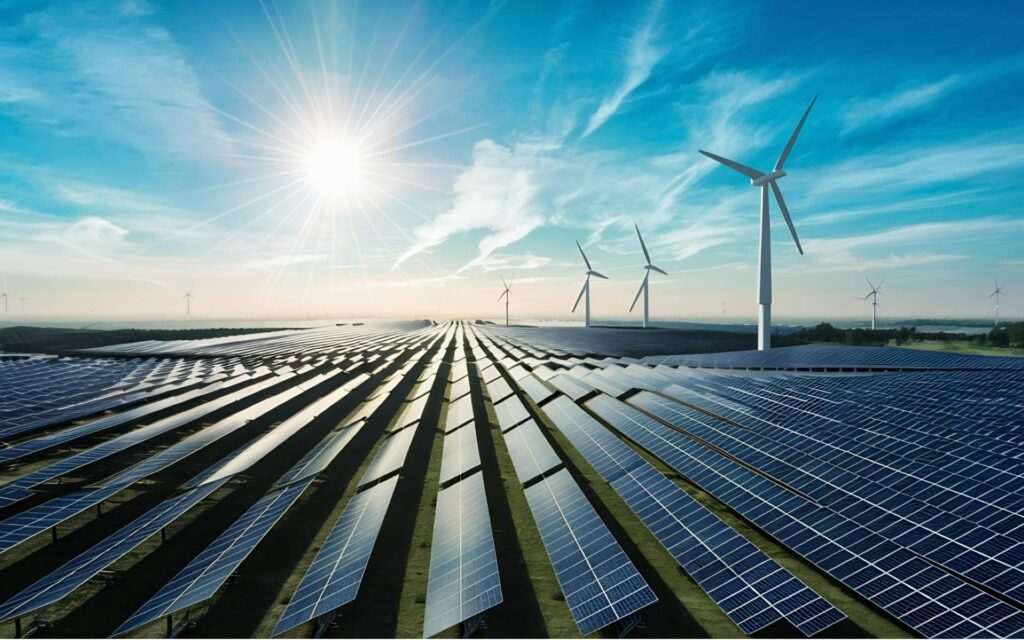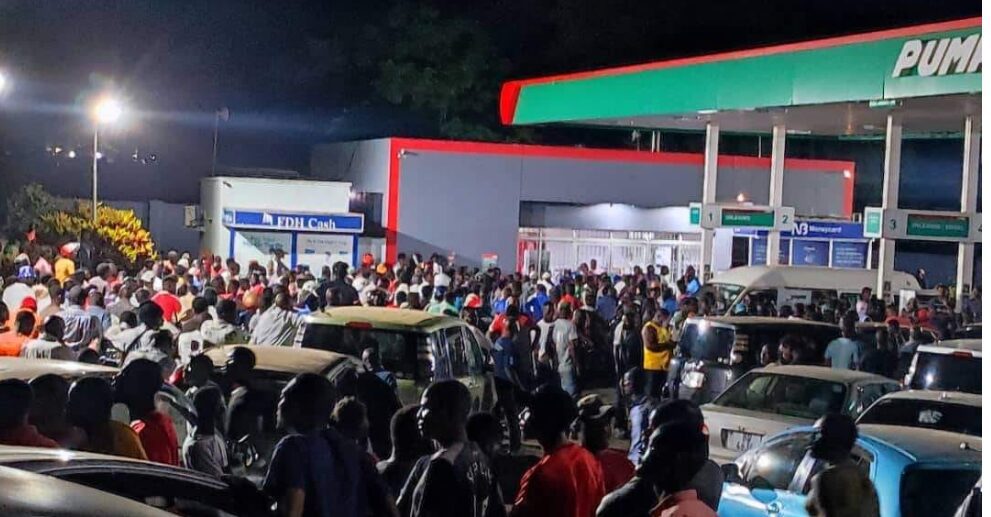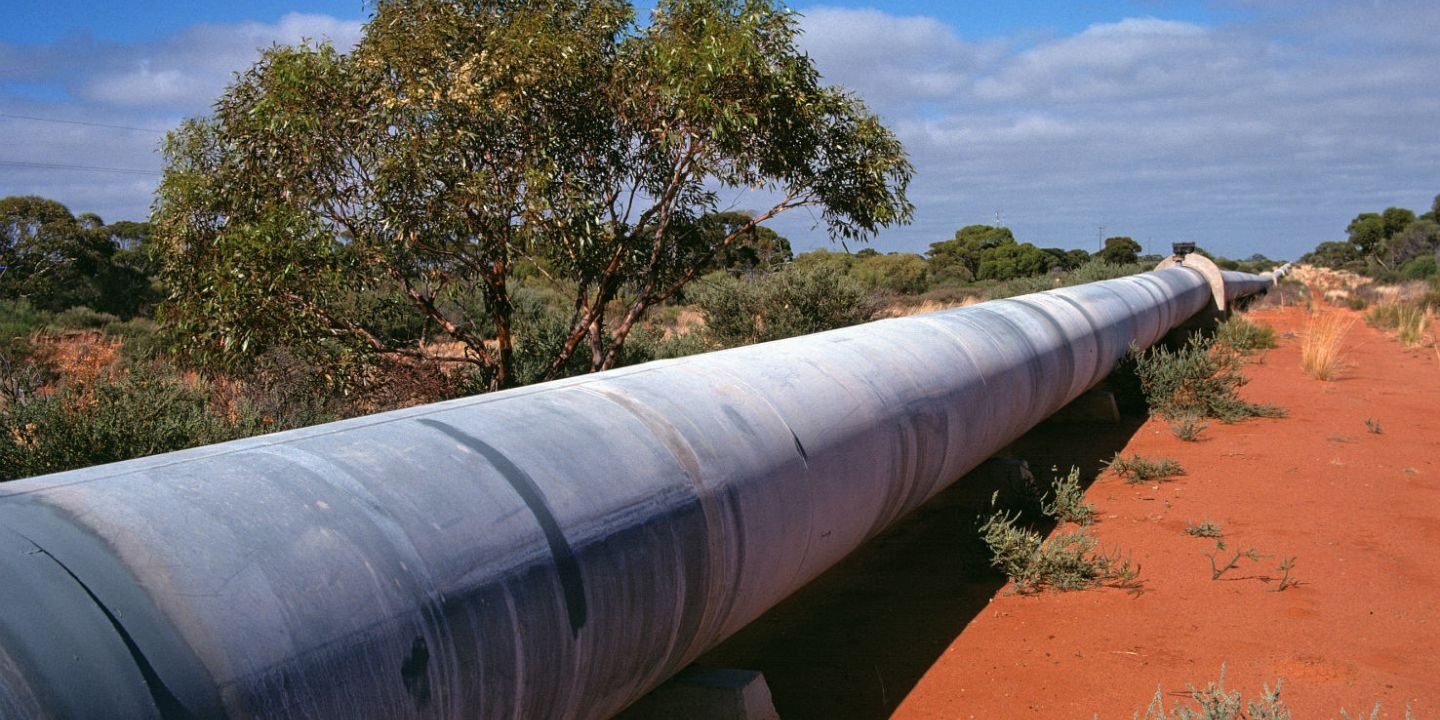
Wednesday 26th November 2025.

by inAfrika Newsroom
South Africa’s Transnet clean energy partnership with France’s Development Agency and the European Union has moved a step closer, after the logistics giant announced a proposed €300 million sustainability-linked loan to support its decarbonisation plans and rail rehabilitation. The deal comes as Transnet seeks to stabilise operations across its rail, port and pipeline network, which has struggled with ageing assets and disruptions that hurt mineral exports and container flows. Officials said the package aligns with the country’s Just Energy Transition Partnership.
The loan will link disbursements to clear milestones. These include raising renewable electricity purchases to 300 GWh a year, equivalent to about 20% of Transnet’s power demand, and rehabilitating roughly 550 km of railway lines. Moreover, the agreement will support feasibility work around green hydrogen corridors and transition minerals, positioning Transnet as a key player in new energy value chains. The EU will also provide a €7 million grant for technical studies, pilots and impact assessments.
Transnet plans to channel part of the funding into port-modernisation projects aimed at improving turnaround times and reliability. In addition, the company aims to restore confidence among mining and manufacturing exporters that depend on rail, while easing pressure on South Africa’s congested roads. Executives argue that a more efficient, lower-carbon logistics backbone will help the country meet climate pledges without sacrificing export earnings.
The Transnet clean energy package forms part of France’s contribution to the broader Just Energy Transition Partnership with South Africa, announced at COP26. French and EU officials described the deal as a signal that climate finance can support both decarbonisation and growth, rather than forcing a trade-off. They expect new investment to flow into local suppliers, engineering firms and skills programmes as the projects move into implementation.
A successful Transnet clean energy and rail recovery plan could become a template for other African logistics systems that face similar backlogs and climate pressures. Reliable, low-carbon transport cuts freight costs, supports regional trade and reduces emissions at the same time. For exporters in land-linked countries using South African ports, better rail performance can stabilise delivery schedules and preserve commodity earnings. The structure of this deal, which mixes policy-linked loans and targeted grants, also shows how African governments and state-owned firms can negotiate climate finance that modernises infrastructure instead of only retiring assets.


